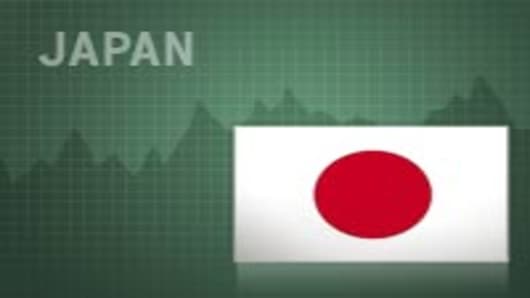Japan should set up a 10 trillion yen ($94.49 billion) sovereign wealth fund using public pension funds to seek higher returns, a ruling Liberal Democratic Party panel said in an interim report on
Thursday.
Inspired by sovereign wealth funds in Asia, the Middle East and Norway, some LDP lawmakers have been keen to develop a Japan model for such a fund to contribute to the nation's coffers and help make Tokyo more of a global financial centre.
But the panel, which has been studying the creation of a sovereign wealth fund in Japan since early this year, added that it must take its time to debate whether to use the scheme to also manage part of the country's massive foreign reserves.
The panel's idea is to more effectively manage part of Japan's 150 trillion yen state-run Government Pension Investment Fund (GPIF) by hiring outside professionals.
To minimise risk and ease worries that creating such a sovereign wealth fund might mean selling the GPIF's holdings in Japanese government bonds, the panel also said the new fund would initially maintain the basic portfolio of the GPIF.
Currently, the state-run pension fund has about two-thirds of its holdings in Japanese bonds.
Panel members expect to take the proposal to Prime Minister Yasuo Fukuda soon and hope that bills for the plan will be submitted as early as an extraordinary parliament session expected later in the year.
But it is still unclear if the proposal will bear fruit.
Panel members have said that many lawmakers within their party remain cautious about exposing the public's pension funds to more risky investment.
"I think it will be a very difficult process," said Yuji Yamamoto, head of the panel, when asked about getting the public behind the idea of investing the pension funds more aggressively.
But Yamamoto noted that since the GPIF was currently required to follow a passive investment strategy, which focuses on mirroring the composition of a given market or sector to match its return and risk characteristics, a wealth fund would be more profitable.
The proposed fund should be independent from political pressure, just as the Bank of Japan can independently set monetary policy, said panel member Kotaro Tamura, who helped make the plan.
It would have some 30 staff, including roughly 10 professional fund managers, he added.
If the fund did not work well after five years, it would be dissolved, the panel said.


